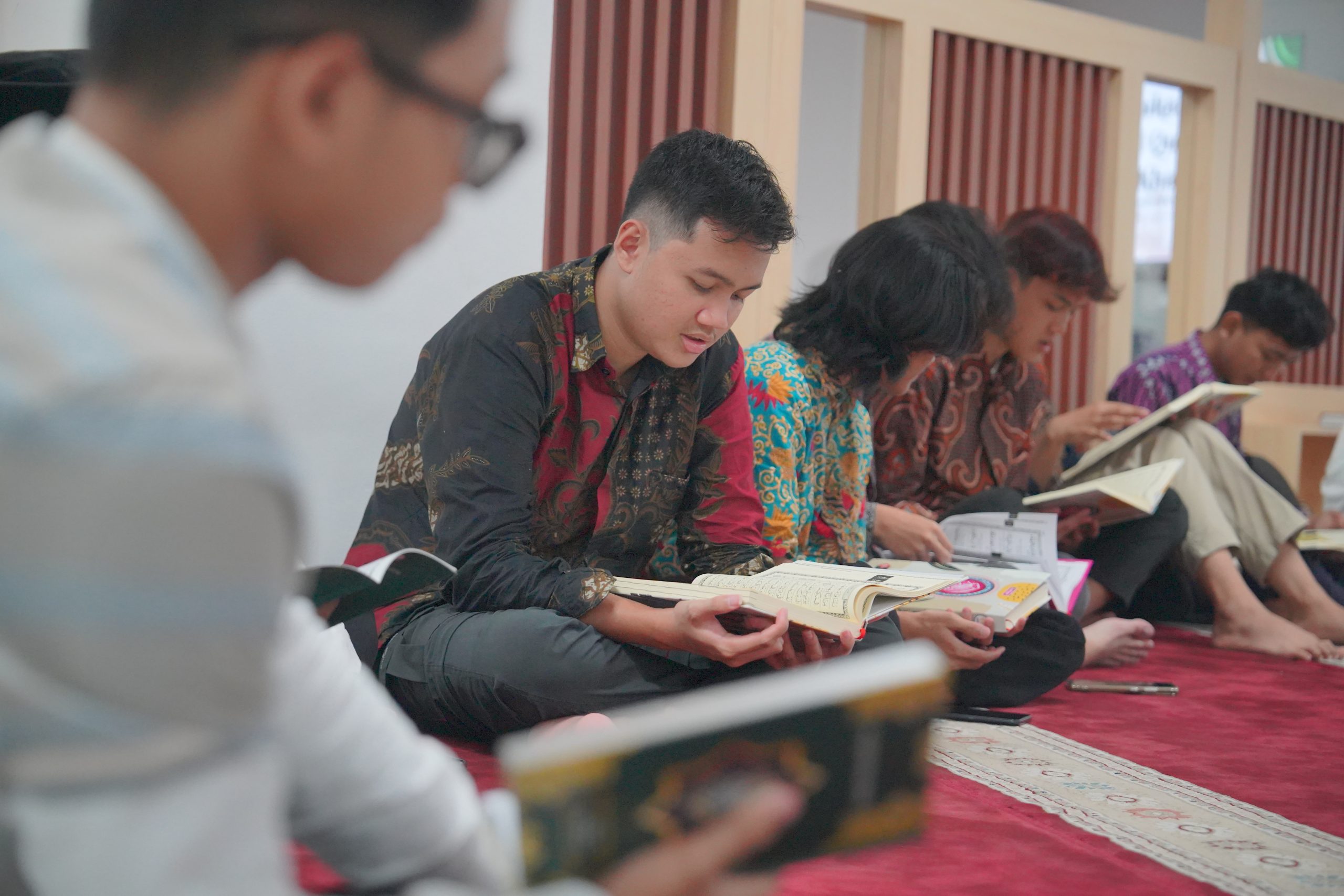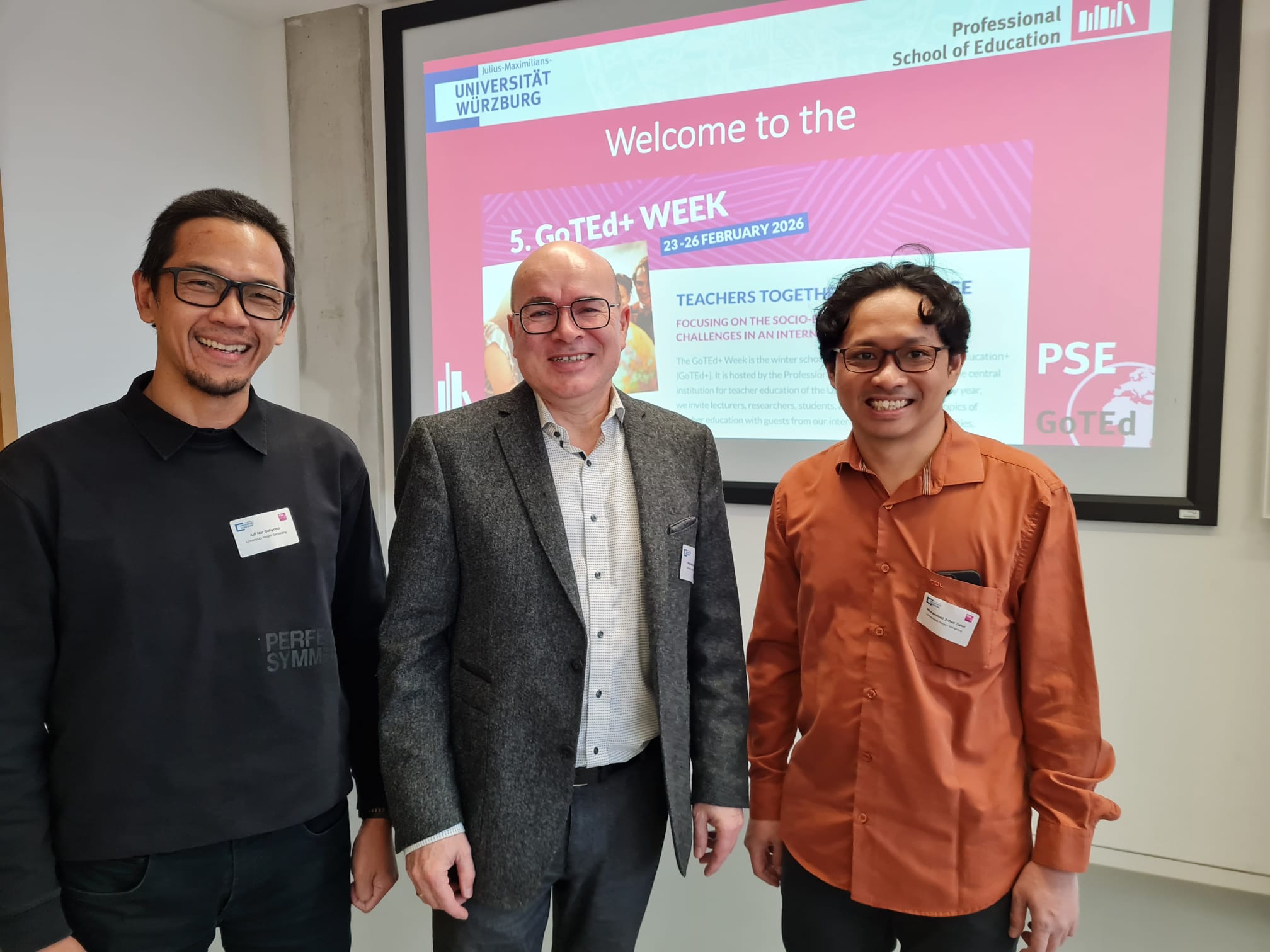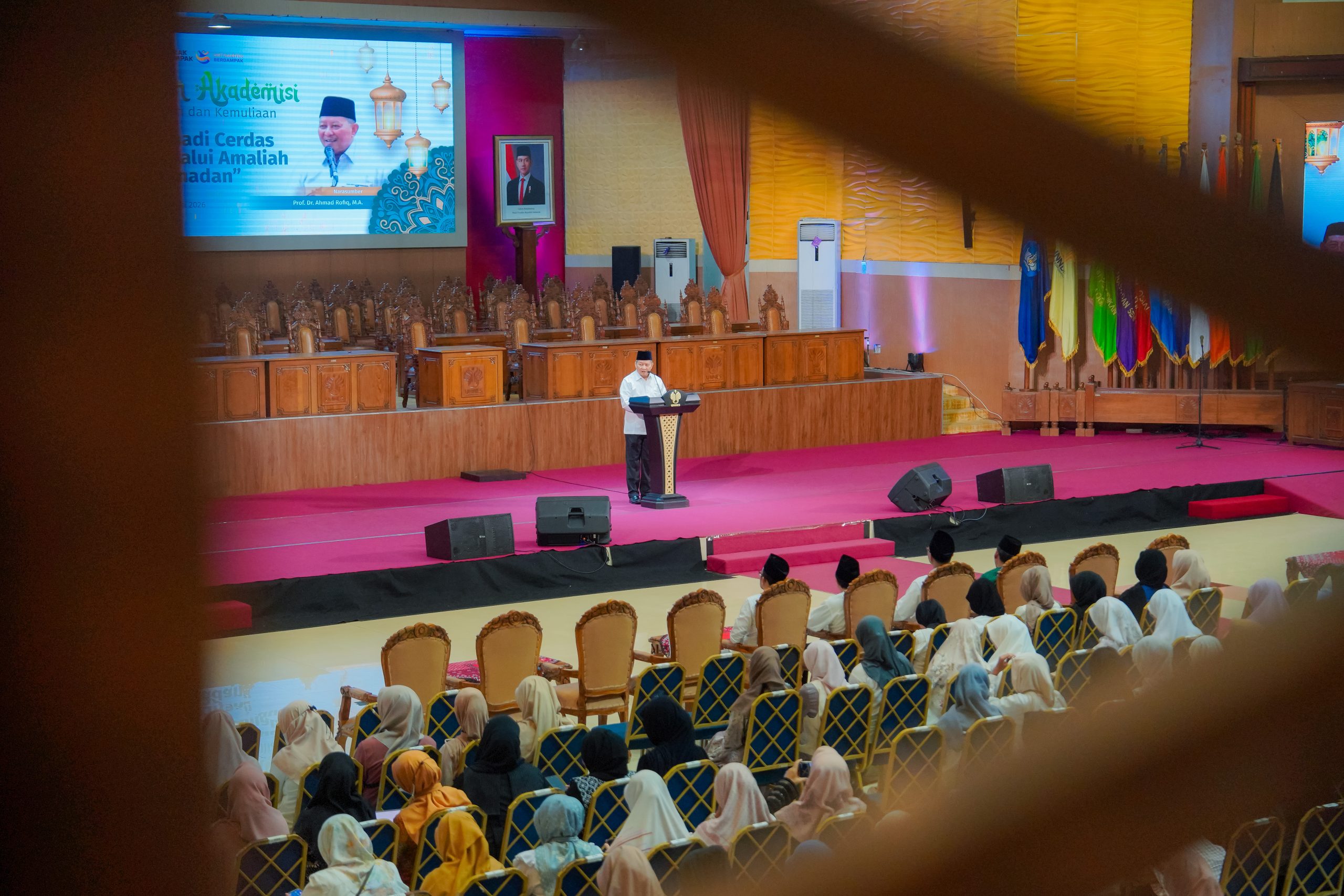Untuk meningkatkan kualitas guru, berbagai elemen dalam masyarakat perlu sinergi. Perguruan tinggi, pemerintah pusat, dan pemerintah daerah harus menjalin kemitraan dengan media, masyarakat sipil, dan elemen bangsa lainnya.
Rektor Universitas Negeri Semarang (Unnes) Prof Dr Fathur Rokhman mengungkapkan, sebagai Lembaga Pendidikan Tenaga Kepdndidikan (LPTK) selama ini Unnes menjalin kerja sama dengan berbagai pihak. Unnes tidak dapat menjadi single fighter meningkatkan kompetensi guru.
“Memang di LPTK para calon guru dididik. Namun setelah mereka berkarier sebagai pendidik, mereka berada di bawah binaan pemerintah pusat. Adapun usernya adalah pemerintah daerah,”katanya dalam lokakarya pengembangan LPTK se-Jawa Tengah bersama USAID Prioritas di Hotel Grand Candi, Selasa (17/11).
Sebagai tempat belajar calon guru, kata Fathur, Unnes telah mengembangkan berbagai fasilitas yang berorientasi pada kualitas. Salah satunya adalah mengembangkan pola pendidikan berasrama. “Melalui asrama, pendidikan dapat berlangsung selama 24 jam. Tidak hanya keterampilan pedagogis yang dipelajari, melainkan pendidikan karakter seperti kejujuran, kedisiplinan, solidaritas, dan lainnya,” katanya.
Fathur juga menilai, peran lembaga nonpemerintah seperti USAID juga sangat berarti. Tidak hanya dalam peningkatan kapasitas guru, lembaga nonpemerintah dapat memberikan kajian alternatif. Kajian alternatif bermanfaat sehingga pemerintah dapat merumuskan kebijakan lebih tepat sasaran.
Direktur USAID Indonesia Mark Heyward mengungkapkan, untuk meningkatkan kapasitas guru, penataan perlu dilakukan menyeluruh di berbagai aspek. Selain dalam proses rekrutmen, pembenahan juga perlu dilakukan pada tahap pendidikan, sertifikasi, pengembangan profesi, coaching, hingga penataan jenjang karier.
Berdasarkan riset yang dilakukannya, ada penumpukan guru pada satu daerah namun kekurangan guru di daerah lain. Oleh karena itu, ia menganjurkan agar pemerintah juga melakukan penataan dan pemerataan.
“Kami telah merekomendasikan agar 526 sekolah digabung menjadi 263. Ada 105 sekolah isolasi yang menggunakan kelas rangkap,” katanya. Dengan strategi tersebut, Mark mengkalkulasi akan ada efisiensi hingga Rp7,6 trilun dalam 10 tahun.



